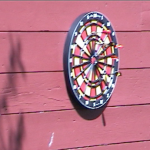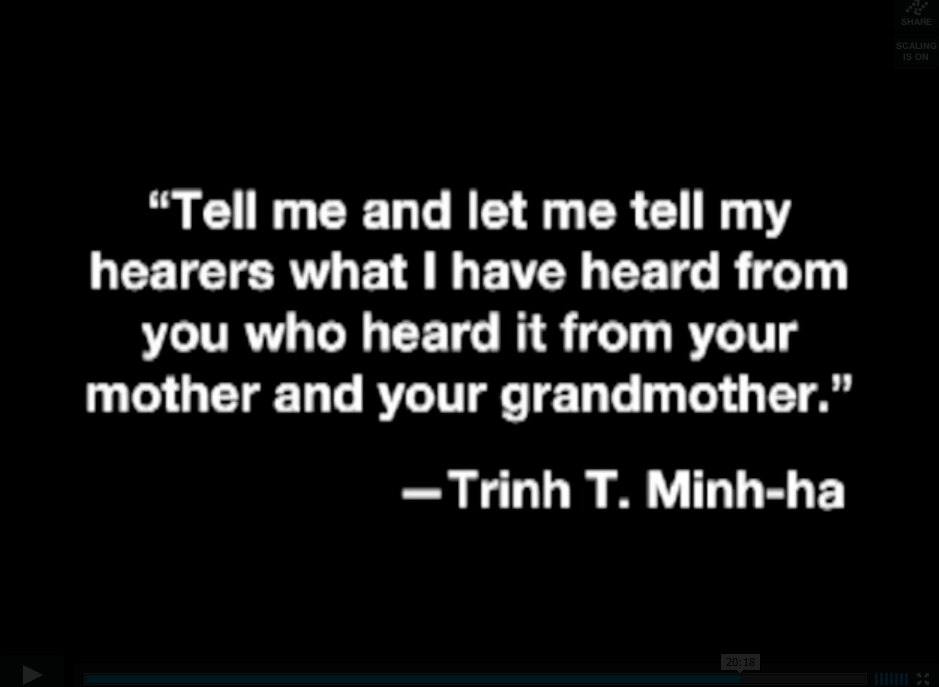Just over a year ago, I wrote a blog post about living (not grieving) beside Judith. In it, I recall a speech my mom gave to a woman’s group about the creative process. One of my favorite parts of the speech was her discussion of how she deals with the Censor–that voice of negativity inside of her that tries to make her doubt herself. I particularly love her line about how to use a dartboard to shut down the Censor. She writes, “another thing that is very effective is to personify the Censor and paste its picture on the wall and throw darts at it. I have done that as well.”
Here’s what I wrote about her line:
I love her comment about the dartboard. I remember that dartboard. It was in our basement (well, at least in one or two of our basements. We moved around a lot). I also remember her telling me that she loved to play darts. She never said why…Now I know.
I do have one memory of her in the basement by the dartboard. Her lips are pursed and she is aiming the dart with quite a bit of determination and a playful twinkle in her eye. It’s a wonderful memory to have. To me, it speaks to her refusal to give in to the Censor and her great sense of humor.
Just a few minutes ago, I was looking through some old film footage of our family farm and I found a few images of that dartboard (at least, I think it was the same dartboard?). I wish I had some footage of my mom throwing darts at it…



